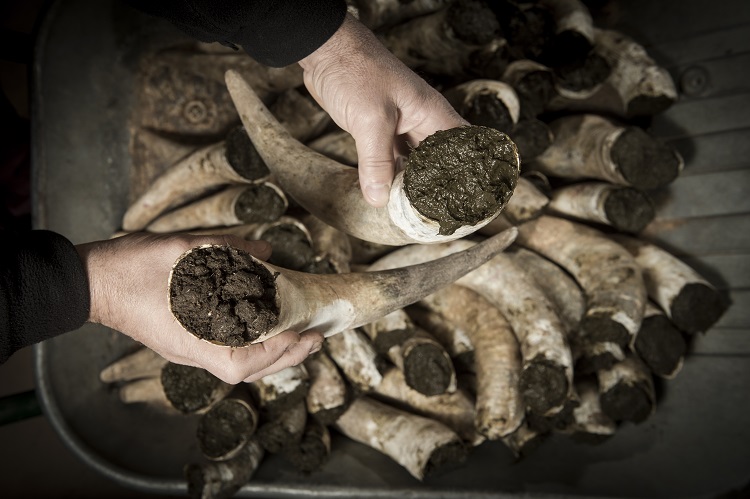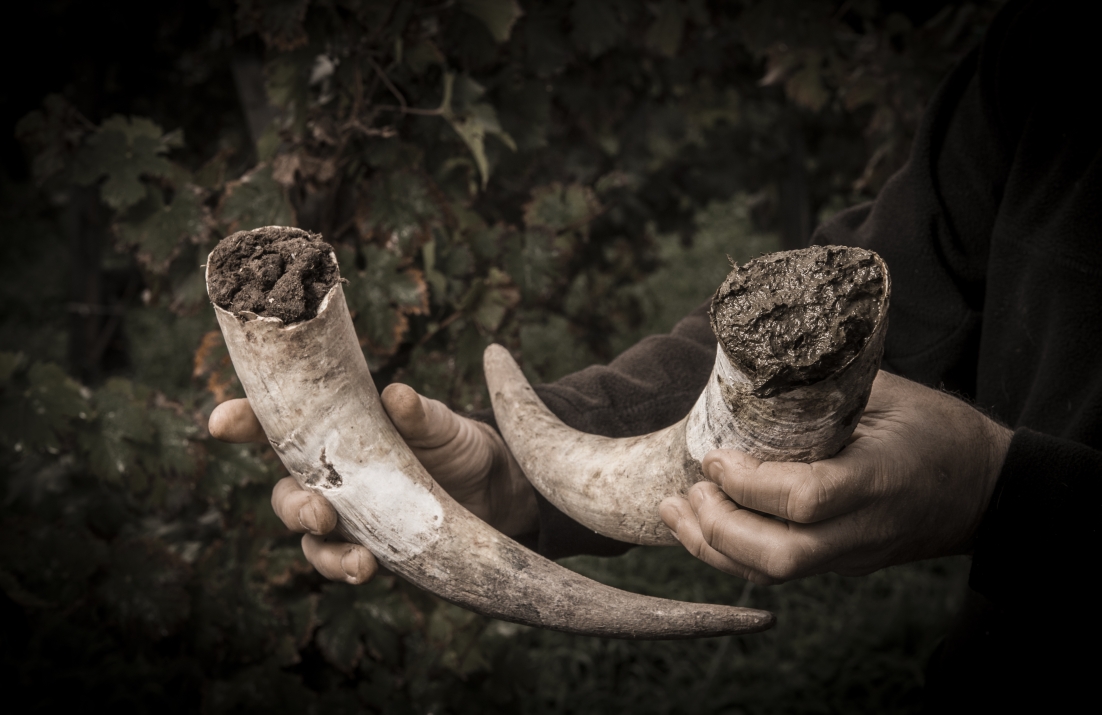Have you ever wondered what makes some wines taste more vibrant and expressive than others? The answer might lie in an ancient farming philosophy that treats vineyards like living ecosystems. Biodynamic wine represents one of the most fascinating approaches to winemaking, combining organic farming principles with spiritual and astronomical practices that date back to the 1920s.
Unlike conventional winemaking that relies on synthetic chemicals and industrial methods, biodynamic viticulture views the vineyard as “one solid organism” where every element works in harmony. This holistic approach has gained tremendous popularity among premium wine producers worldwide, with over 700 vineyards comprising more than 24,710 acres now certified biodynamic. From prestigious French estates like Domaine Leroy in Burgundy to innovative producers across six continents, biodynamic methods are reshaping how we think about wine quality and environmental stewardship.
Understanding Biodynamic Principles
Biodynamic agriculture was developed by Austrian philosopher Rudolf Steiner in 1924, predating the modern organic movement. Steiner’s approach emphasizes treating farms as “cohesive, interconnected living systems” that achieve ecological self-sufficiency.
The core philosophy revolves around creating a self-sustaining ecosystem where natural materials, soils, and composts maintain vineyard health without chemical fertilizers or pesticides. Animals like ducks, horses, and sheep live on the property, naturally fertilizing the soil and contributing to biodiversity.
What sets biodynamic farming apart is its incorporation of cosmic influences. Practitioners follow planting calendars based on astrological configurations and lunar cycles, timing activities like soil treatments, vine pruning, and grape harvesting according to celestial movements.
Biodynamic vs. Organic Wine
While both approaches avoid synthetic chemicals, biodynamic wine goes significantly beyond organic standards. Think of biodynamic as “organic plus” with added spiritual and astronomical components.
Organic wine focuses primarily on eliminating synthetic pesticides and fertilizers during grape growing. Biodynamic wine, however, requires nine specific homeopathic preparations applied to compost and vines, creating a more comprehensive approach to vineyard health.
Biodynamic certification through organizations like Demeter Association or Biodyvin involves stricter standards than organic certification, including reduced copper sulfate usage and mandatory use of natural yeasts for fermentation.
The Certification Process

For wine to be labeled biodynamic, it must meet internationally recognized standards established by certifying bodies. The Demeter Association, founded in 1928, remains the most widely recognized biodynamic certifier globally.
Certification requirements include:
-
Complete elimination of synthetic chemicals
-
Implementation of nine specific biodynamic preparations
-
Minimal external inputs to maintain self-sufficiency
-
Consideration of planetary influences on vineyard operations
Some wineries practice biodynamic methods without seeking certification, viewing it as a personal philosophy rather than a marketing tool.
Taste and Quality Differences
Many biodynamic wine enthusiasts claim these wines exhibit clearer, brighter fruit flavors and stronger terroir character compared to conventional wines. The holistic approach potentially creates healthier vines and more expressive wines that truly reflect their origin.
However, wine quality ultimately depends on the winemaker’s skill and vinification methods. While biodynamic practices may enhance grape quality and vineyard health, the final product’s excellence remains tied to human expertise and craftsmanship.
Global Adoption and Future Trends
Biodynamic viticulture has expanded rapidly, with more than 450 producers worldwide now following these principles. Countries including France, Germany, Australia, Argentina, Chile, and the United States have embraced biodynamic methods, particularly among high-end, premium wine producers.
As consumers increasingly seek sustainable, chemical-free products, biodynamic wine represents a growing segment of the premium wine market, offering both environmental benefits and unique flavor profiles that celebrate the connection between earth, cosmos, and craftsmanship.


